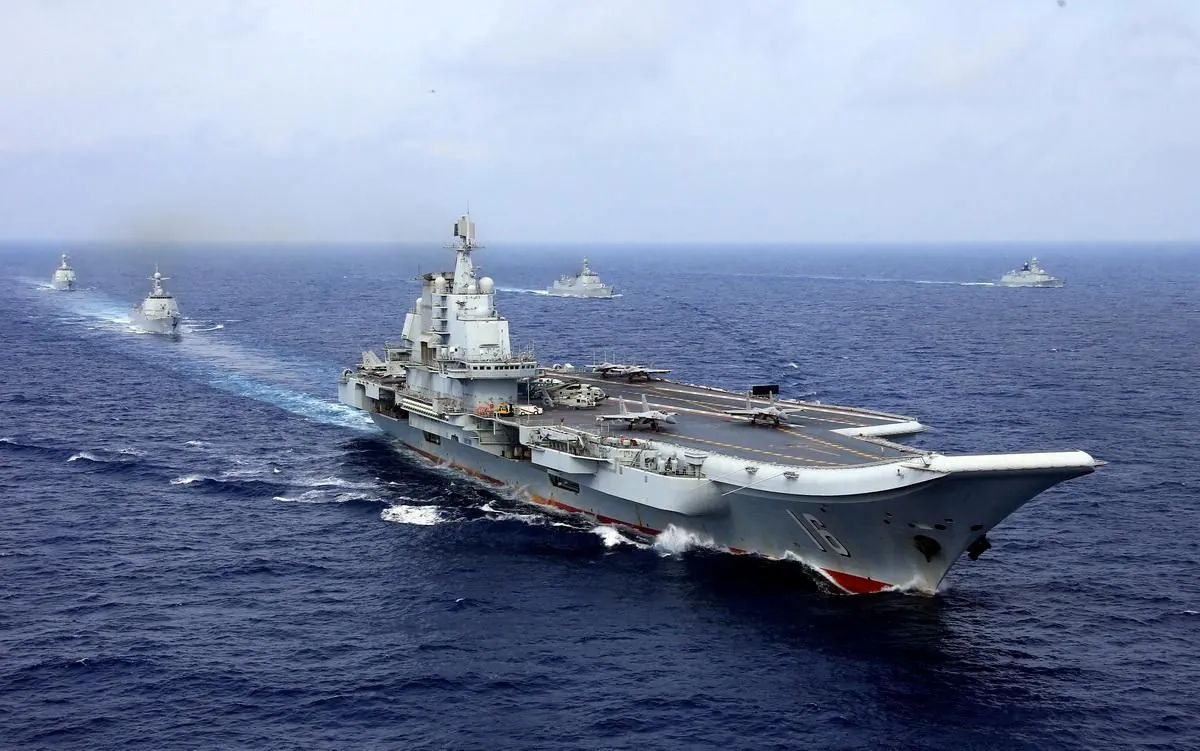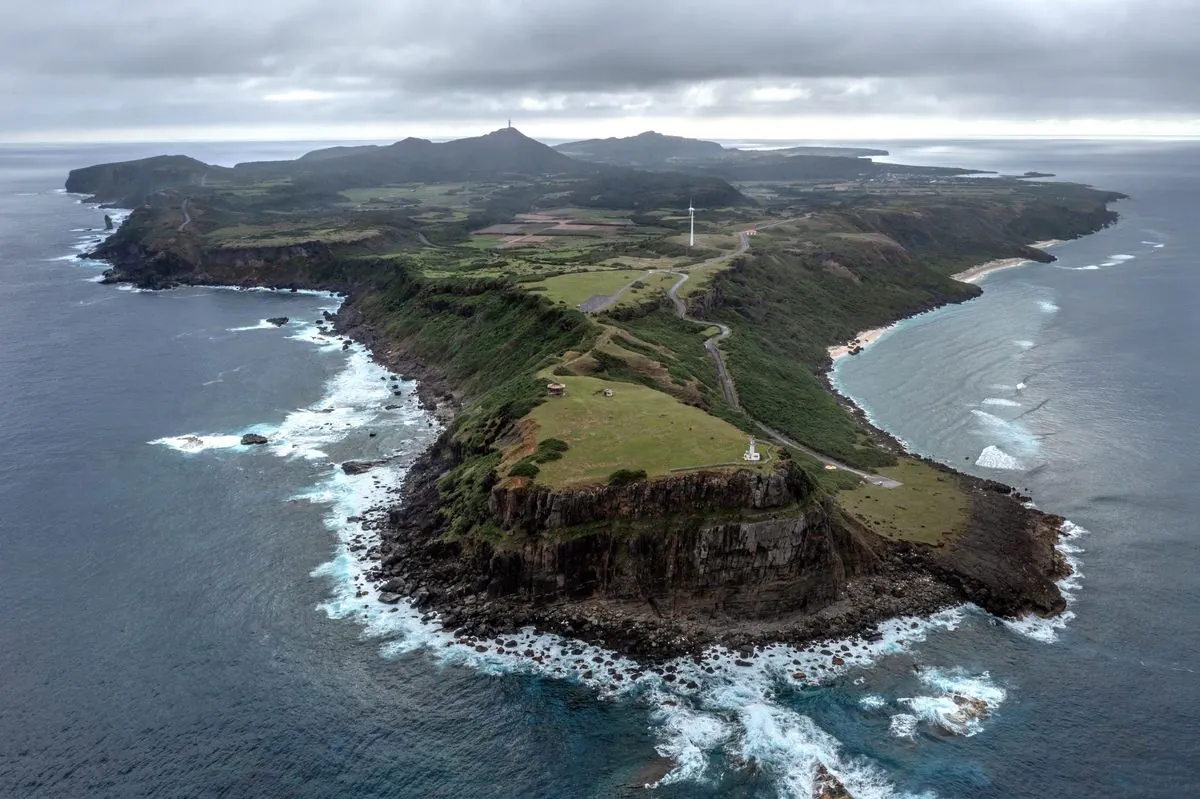China Defends Naval Exercise as Japan Expresses Concern Over Vessel Movements
China dismisses Japan's claims about its naval vessels entering Japanese waters during a routine training mission. The incident highlights ongoing tensions in the western Pacific region.

China has defended its recent naval exercise in the western Pacific, dismissing Japan's assertions that Chinese vessels entered Japanese waters. The incident, which occurred on September 18, 2024, has reignited tensions between the two Asian powers.
China's defense ministry stated that the Liaoning aircraft carrier and two accompanying destroyers were conducting a routine training mission in compliance with international laws. The ministry emphasized, "There is no need for relevant parties to over-interpret it." This statement came in response to Japan's claims that the Chinese flotilla had sailed between Japan's southern Yonaguni and Iriomote islands, areas where Japan exerts control.
Japan's reaction to the incident was swift and stern. Hiroshi Moriya, Japan's Deputy Chief Cabinet Secretary, described the event as "utterly unacceptable" and confirmed that Tokyo had conveyed its serious concerns to Beijing. Japanese authorities have pledged to maintain close surveillance of Chinese naval activities in the surrounding waters.

This latest development occurs against a backdrop of increasing Chinese military presence in the region. Japan has expressed growing concern over China's naval and air force activities near its territory and around Taiwan. In response, Japan has been bolstering its defense capabilities, aiming to deter China from using military force to assert its territorial claims.
The incident is part of a series of recent tensions between the two nations. Just last month, Japan lodged a protest with Beijing after a Chinese navy survey vessel allegedly entered Japanese waters. Additionally, Japan accused a Chinese spy plane of breaching its airspace.
These events highlight the complex geopolitical landscape in the western Pacific. The region, covering an expansive area of about 165,250,000 square kilometers, has become a focal point of strategic competition. China's navy, which has undergone rapid modernization since the 1990s, is now the world's largest in terms of ship numbers. Meanwhile, Japan's Self-Defense Forces, established in 1954, have been gradually expanding their roles and capabilities.
The ongoing dispute over the Senkaku/Diaoyu Islands in the East China Sea remains a significant source of tension between China and Japan. This territorial disagreement, coupled with China's assertive stance on Taiwan, which it considers a breakaway province, has contributed to the heightened military activities in the area.
As both nations continue to increase their defense spending, with China's 2024 defense budget reaching $229.39 billion and Japan's at approximately $51 billion, the potential for further incidents remains high. The situation underscores the delicate balance of power in the region and the need for diplomatic efforts to prevent escalation.


































